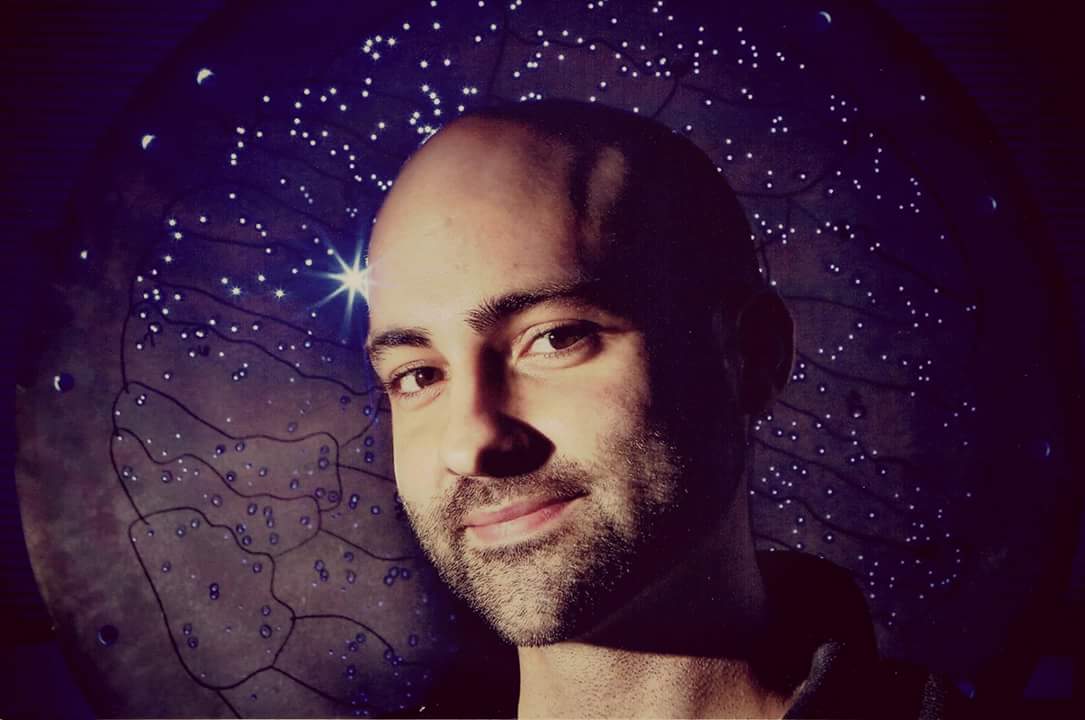
The 'twin paradox' shows us what it really means for time to be relative

Einstein's theory of special relativity teaches us that time is relative. But what does it mean for time to be relative? How can we live in a universe where nobody can agree on when events start, when they end and how long they last? The infamous "twin paradox" showcases what living in a truly relativistic world is like.
Put simply, special relativity tells us that moving clocks run slowly. This is a phenomenon called time dilation, and it's a cold, hard fact of the universe. Einstein had to introduce the concept to rescue something he thought was much more fundamental: the universality of physical laws. If we want the laws of physics — which also means the experience of physics — to be the same regardless of your reference frame, perspectives have to shift for observers at different speeds.
Special relativity says that a clock attached to a moving object will tick at a slower rate than one standing still. And what goes for moving clocks goes for everything else; physics, chemistry and biology all operate at a slower pace in moving frames of reference.
Related: How does time work?
It's very difficult to measure this effect at human scales, because it only shows up to a significant degree as one approaches the speed of light. Still, it's measurable. In 1971, physicists Joseph Hafele and Richard Keating put atomic clocks onboard jet aircraft and sent them flying around the world. When the clocks returned, they were out of sync with a ground-based clock by exactly the amount predicted by special relativity.
To explore the full implications of this idea, let's start with some hypothetical twins, Alice and Bob. As long as they remain near each other, their clocks will stay synchronized and they will age at the same rate. But if Bob were to get in a rocket ship and cruise around the galaxy at near light speed, things would be a bit different.
For Bob, maybe only a few months or a couple of years passed on his journey. But depending on how fast he went, it could have been decades, or even centuries, for Alice.
Breaking space news, the latest updates on rocket launches, skywatching events and more!
The actual paradox
As head-scratching as this tale is, it's not a paradox. This is exactly what the physics of special relativity demands: Different observers in the universe will have different calculations of the flow of time depending on their velocity.
So here's the actual paradox. Nothing feels different for Bob when he's traveling. It's not like he moves in slow motion or anything. Everything just feels totally normal — so normal, in fact, that as long as he's not accelerating, he can't even tell he's moving at all.
This is the crucial thought experiment that helped Einstein develop special relativity. If you're moving at the exact same speed (no accelerations or decelerations), it's impossible to tell if you're the one who's moving, or if you're staying still and the rest of the universe is moving.
Have you ever been in a car and you see the car next to you reverse, and for a moment, you think you're moving forward? Your mind is relying on outside cues to help tell you if you're in motion.
So, from Bob's perspective, he's staying perfectly still, and it's Alice (and the whole Earth) that's racing away from him. Yes, it sounds improbable, but from the point of view of physics, Bob can't tell the difference. In Bob's calculations, his clock is running normally, and it's Alice's that should be running slowly. So, when they meet again, she should be younger than him, because not as much time has passed for her.
But Alice says the exact same thing about Bob, because according to her, she's the one staying still and he's the one moving.
Who's correct, Alice or Bob? This is the real paradox.
A certain point of view
We can solve the twin paradox by looking at the whole picture. It's true that as long as Bob is flying along at a constant speed, he and Alice will fundamentally disagree about the flow of time, and both perspectives will be valid. But for them to compare notes, Bob has to return to Earth. In other words, he needs to slow down, stop, turn his ship around, reaccelerate and come back home.
This act of turning around has a major impact on Bob's reckoning of time. He will be doing something that shifts him away from his special frame of reference. And he'll be able to tell he's doing it not by looking at the outside universe but by making observations while inside his rocket — for example, the vibrations of the engines and the push of his body against the floor during deceleration.
Because of this asymmetry, Bob's perspective is no longer as valid as Alice's, and he can no longer claim that he is standing still while the universe is moving around him. When he finally makes it back to Earth, he will know that he was the traveling twin and that he was the one moving at close to the speed of light.
The mathematics of special relativity tells us how much Alice and Bob will age in their own frames of reference, and that same math demonstrates that they will end up agreeing on the numbers in the end.
Learn more by listening to the "Ask a Spaceman" podcast, available on iTunes and askaspaceman.com. Ask your own question on Twitter using #AskASpaceman or by following Paul @PaulMattSutter and facebook.com/PaulMattSutter. Follow us on Twitter @Spacedotcom and on Facebook.

Paul M. Sutter is a cosmologist at Johns Hopkins University, host of Ask a Spaceman, and author of How to Die in Space.

